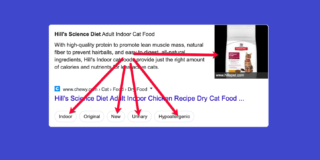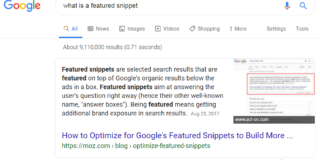How to Get Your SEO and PPC Teams on the Same Page

You wouldn’t hire a brain surgeon to treat your heart condition. Different conditions require different specialists. It’s the same for search engine marketing. SEO has a role. PPC has a role. And, like holistic medicine, they work best when tightly integrated.
Easier said than done. Too often, marketers find themselves managing multiple agencies or internal teams, each of which is trying to accomplish their goals. The result is an inefficient, ineffective strategy.








